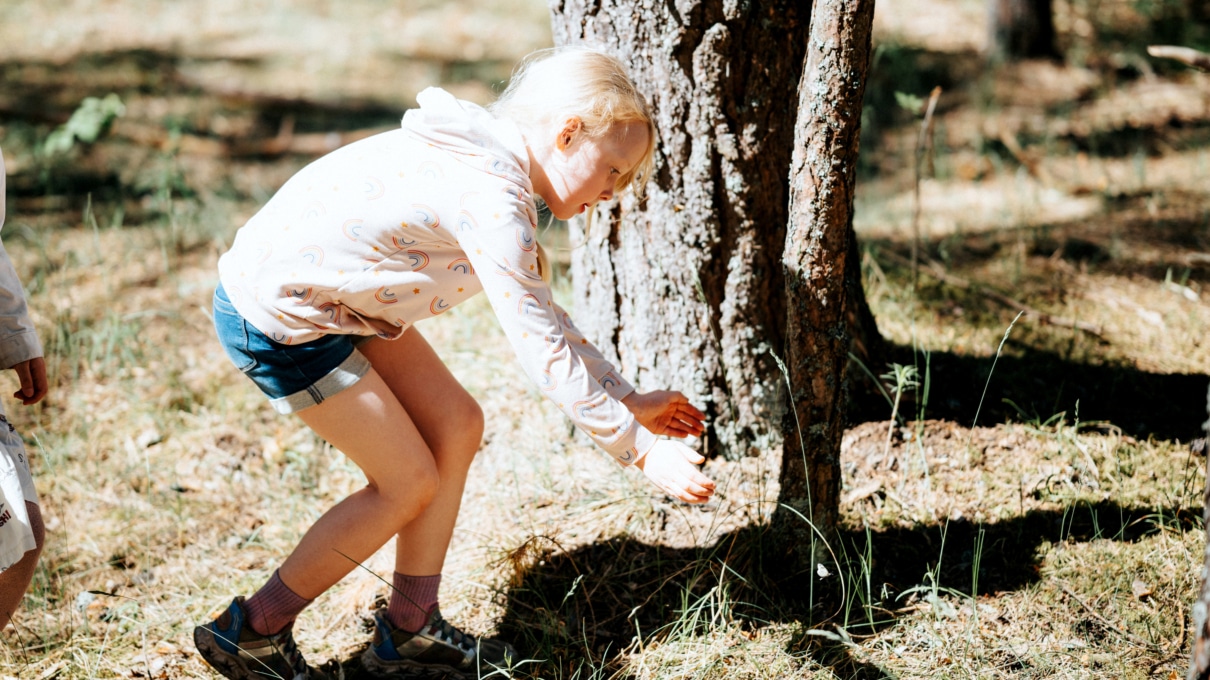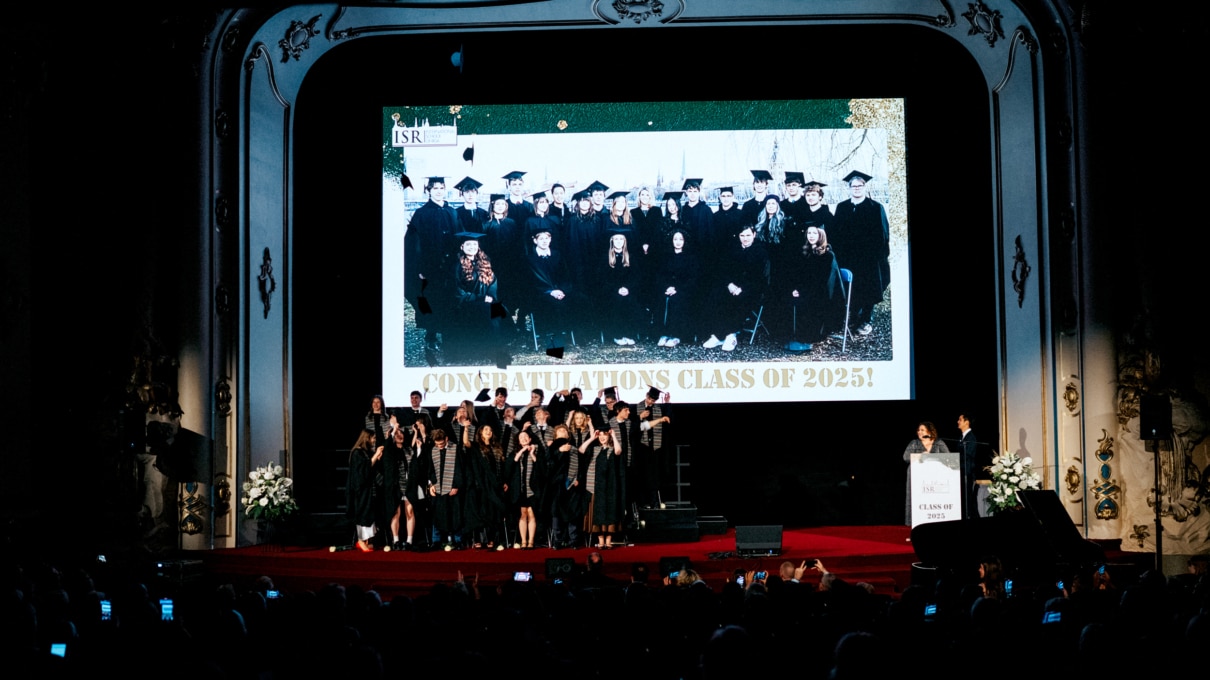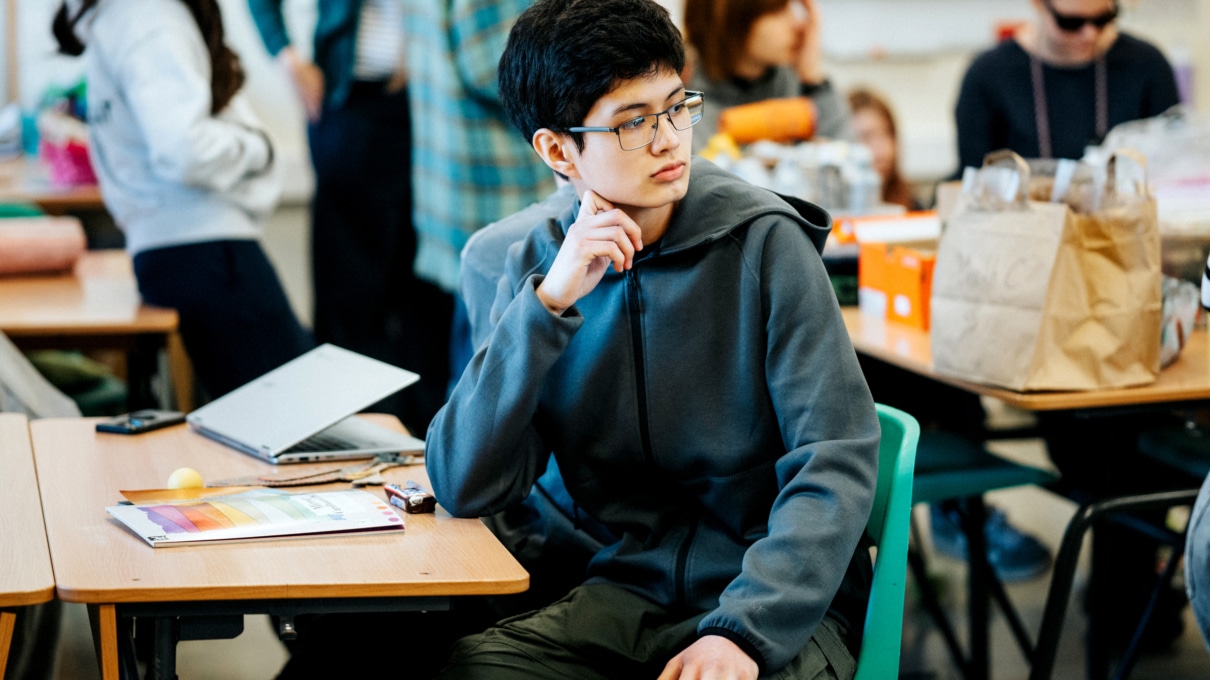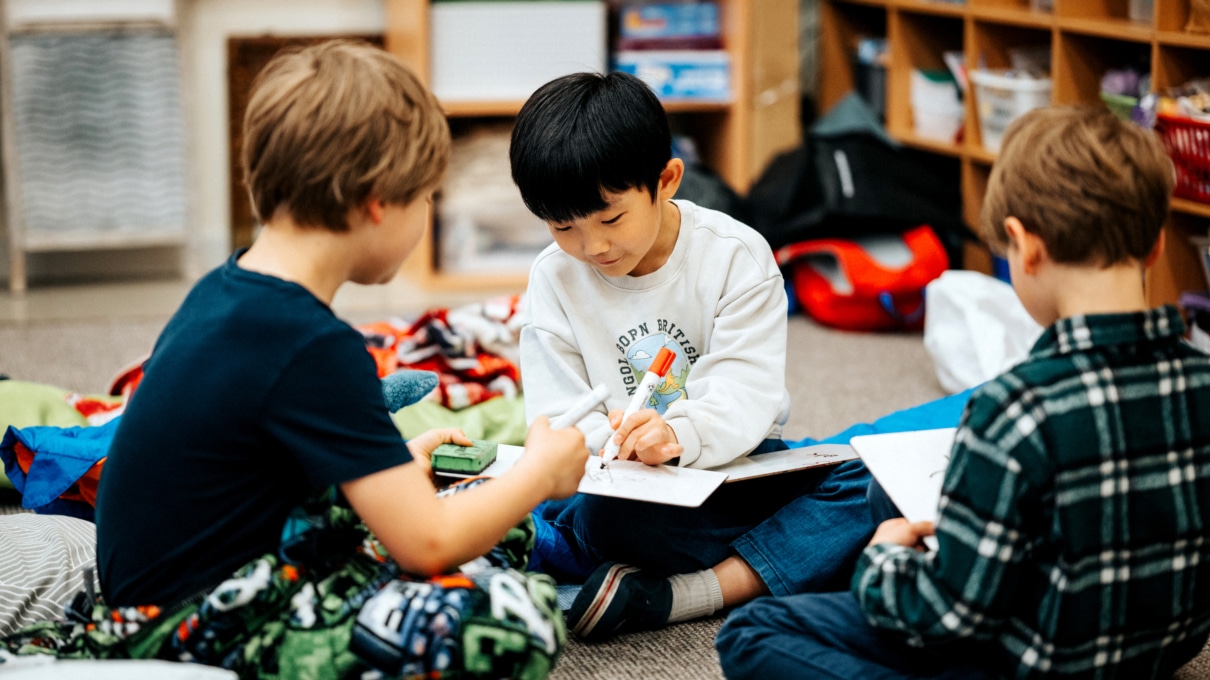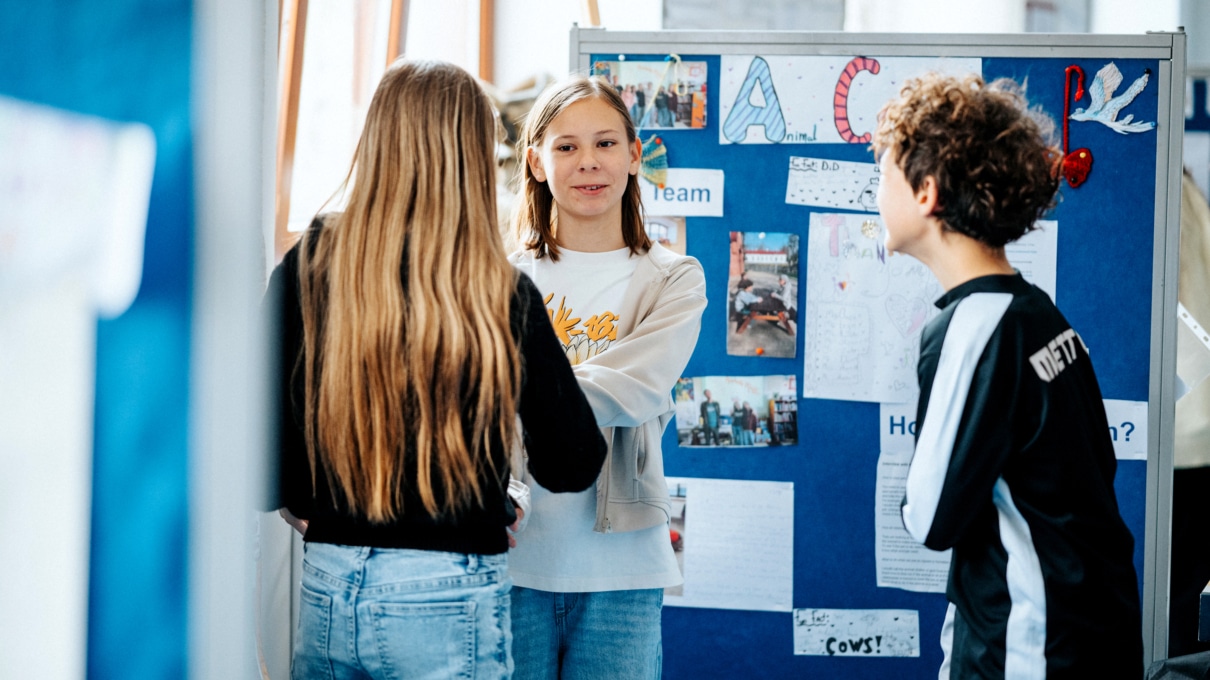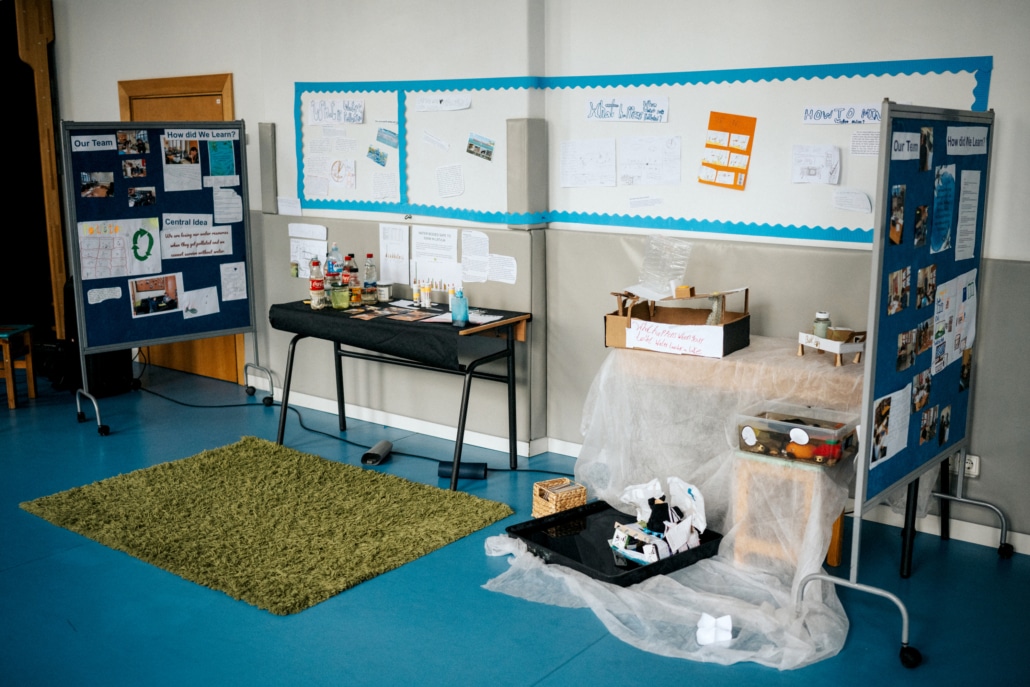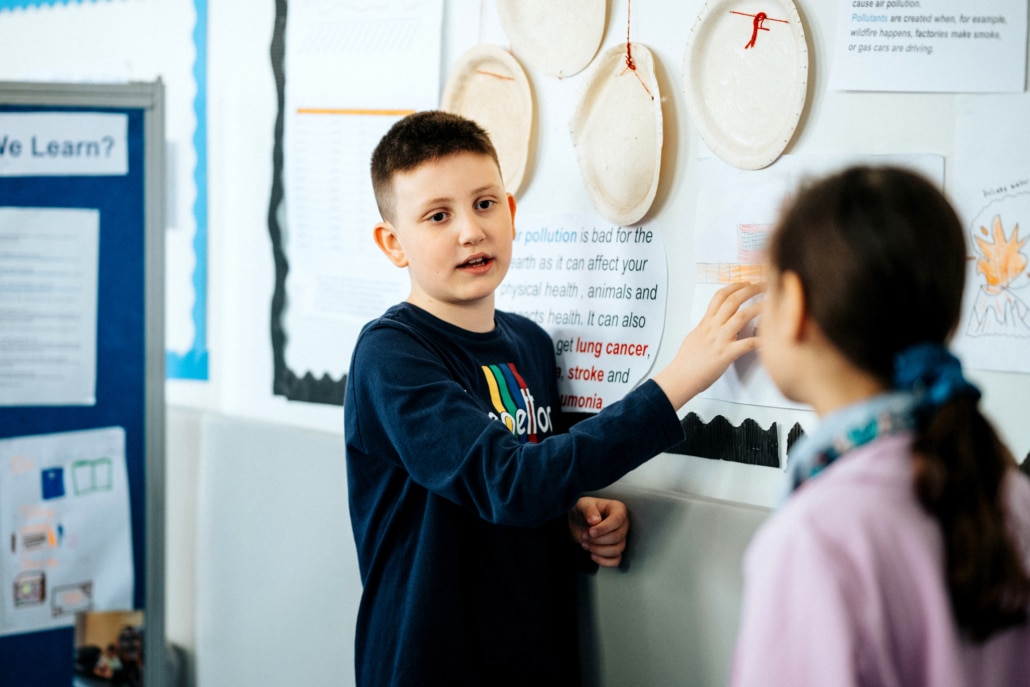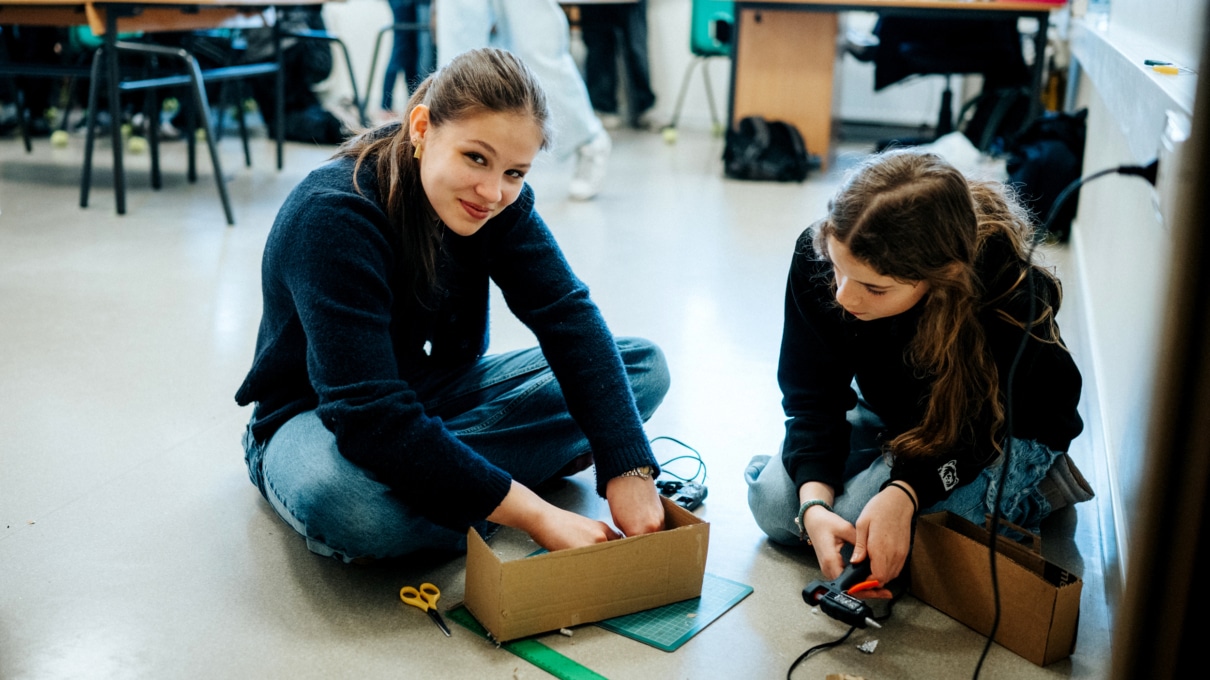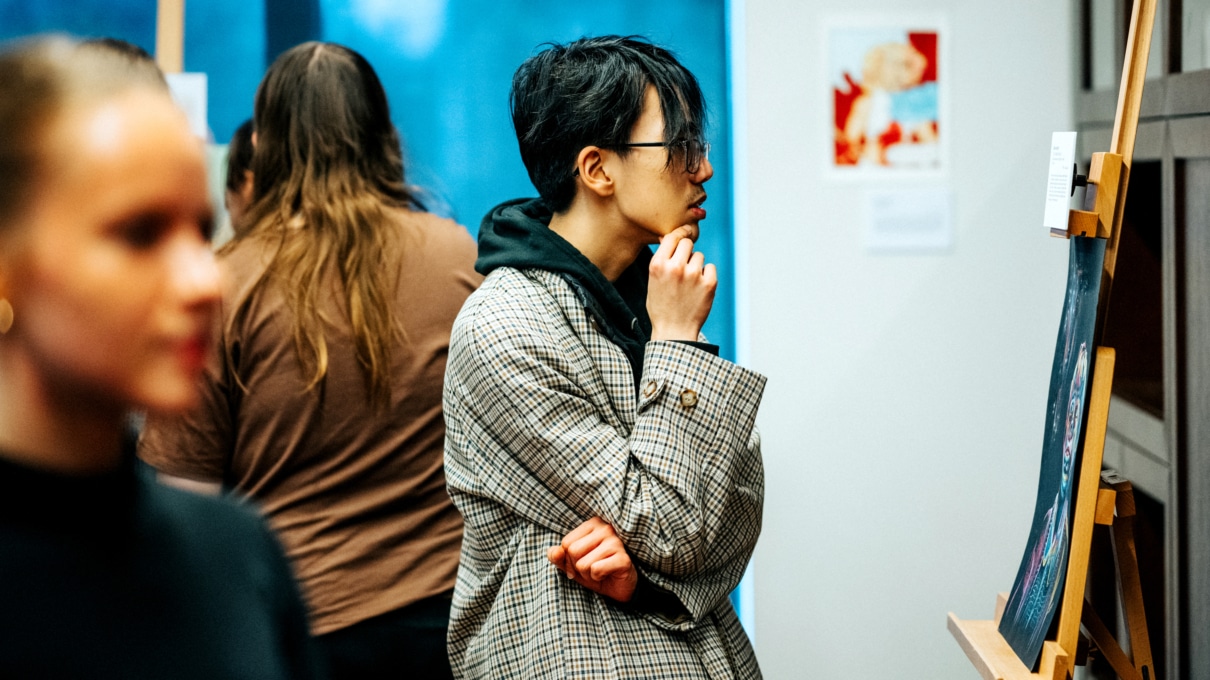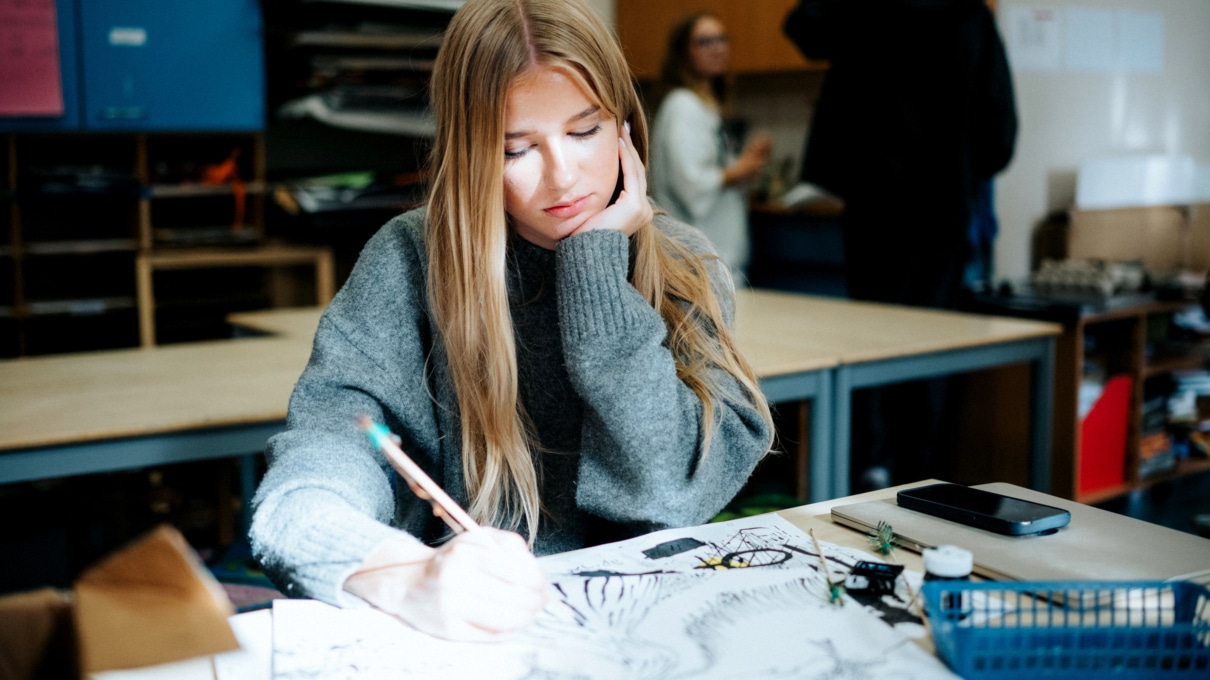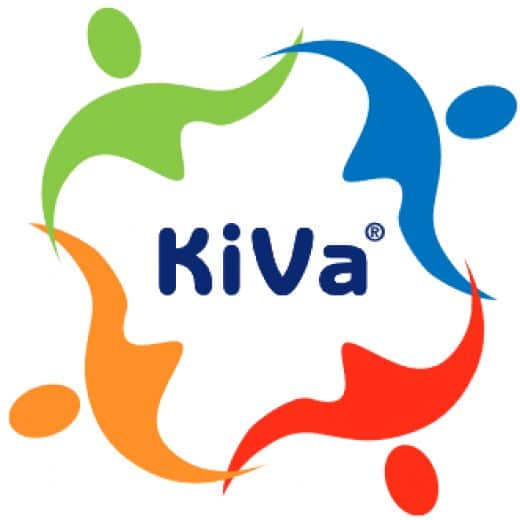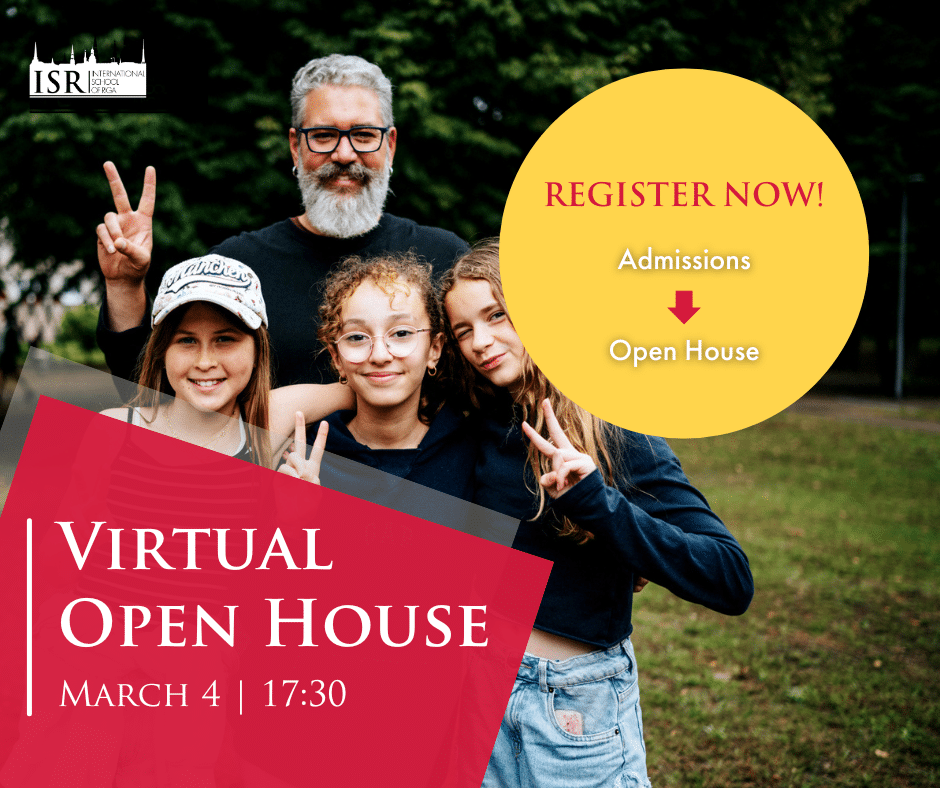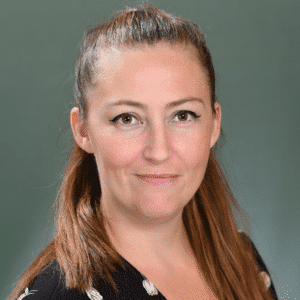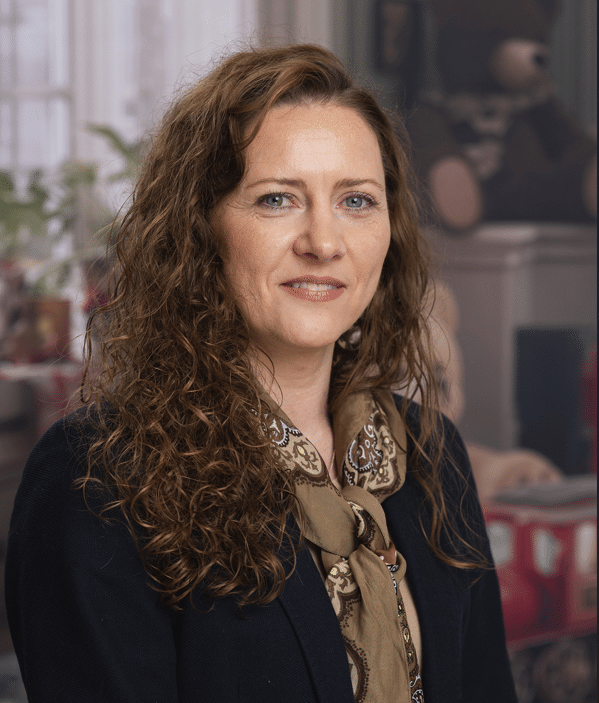On October 2, 2025, the International School of Riga (ISR) officially opened its new Secondary School Campus at Skanstes Street 27. The International School of Riga secondary campus represents a major milestone in the school’s development and highlights its ongoing commitment to delivering world-class international education in Latvia.
A Student-Centered Learning Environment
The new Skanstes Campus was designed with one focus: students. Every space — from modern science laboratories to open classrooms — supports inquiry-based learning, collaboration, and innovation. The building combines modern technology with inspiring design to create a safe and dynamic environment where students can learn, grow, and thrive.
ISR Director Dr. Amanda Romey shared during the opening:
“Every big dream requires focus and achievable steps along the way. The opening of our new campus is one of those steps – an incredible milestone that we are very proud to celebrate. This campus provides our students with a dynamic learning environment, complete with science labs and spacious classrooms that support project-based learning, inquiry, and discovery. We are creating an environment that supports curiosity, collaboration, and innovation. Most importantly, it offers a safe and inspiring space where students can learn, grow, and thrive together. Our students and teachers can walk into this space and feel a true sense of pride and belonging.”
Recognized by the Ministry of Education
Latvia’s Minister of Education and Science, Dace Melbārde, also underlined the importance of the new campus:
“In today’s global environment, schools must continuously evolve to remain competitive and relevant – integrating digital tools, inquiry-based learning, cross-cultural perspectives, and a curriculum that prepares students for universities and workplaces worldwide. The new ISR secondary campus, centrally located and purposefully designed for 21st-century learning, reflects the school’s commitment to excellence in teaching, innovation, and the development of global citizens. Here, students are prepared not only for exams but also for real-world challenges in innovation, leadership, and international collaboration.”
A Global Community in Central Riga
With more than 320 students representing 47 nationalities, the International School of Riga is the only IB World School in the center of Riga. Middle and High School students (Grades 6–12) now study at the Skanstes Campus, while Preschool and Elementary students (up to Grade 5) continue their education at the Kalnciema Street 118 campus in Pārdaugava.
For years, ISR has dreamed of a united campus — a space that brings our entire community together under one roof. We dream big, and the opening of the Skanstes Campus is the next step toward making that vision a reality.
Looking Ahead
At ISR, every decision is made with students at the center. The opening of the Skanstes Secondary Campus reflects the school’s vision to prepare students not only for academic success, but also for the skills and adaptability needed to thrive in a rapidly changing world.
For more information about admissions or to book a tour of the new campus, please contact the ISR Admissions Office: admissions@isriga.lv




